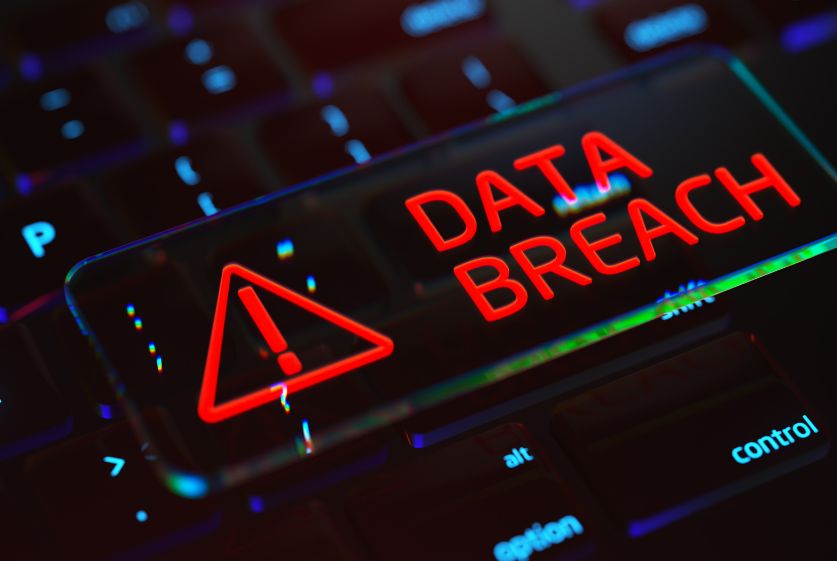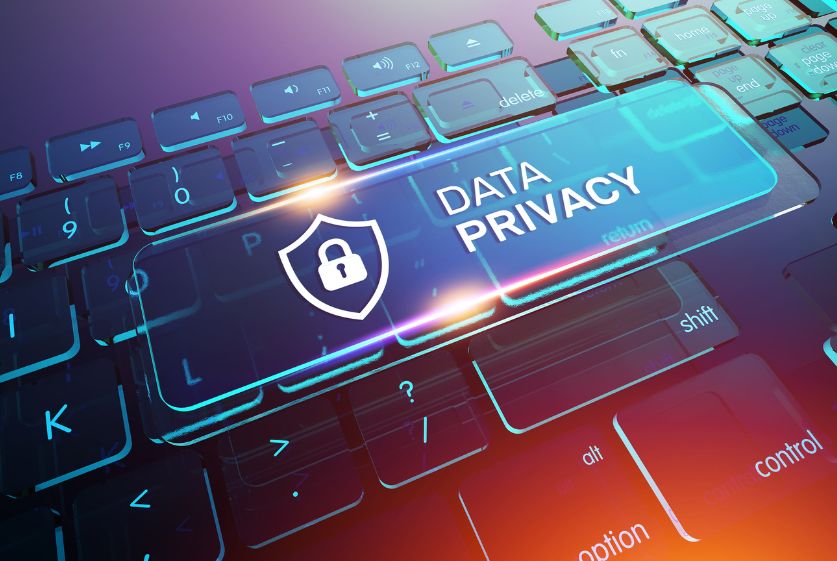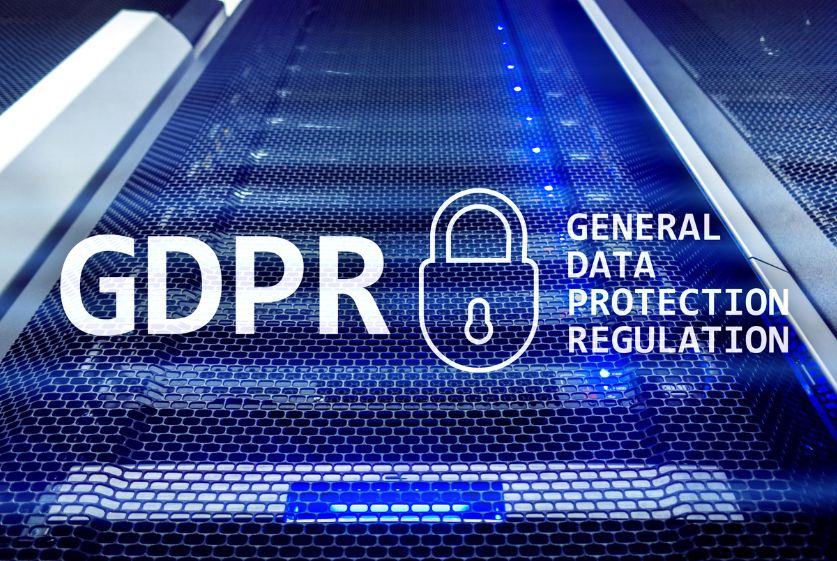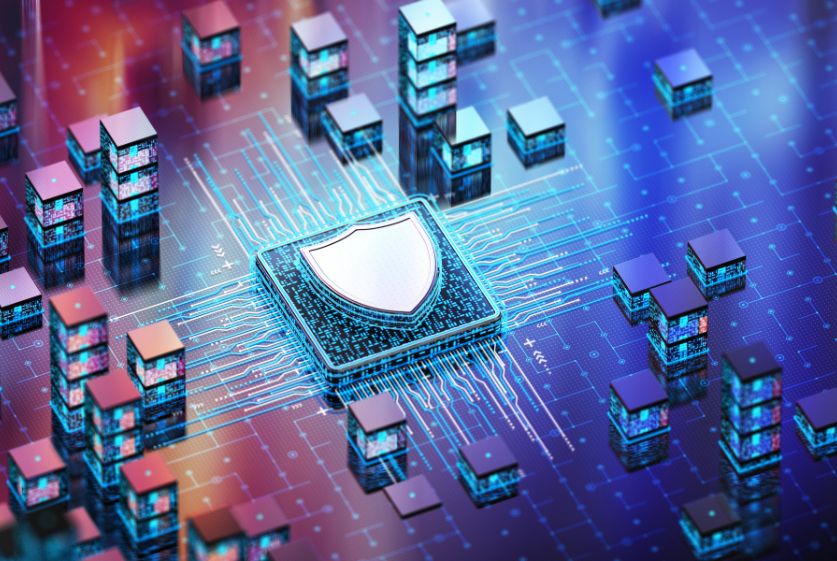The financial impact of cybercrime is massive and growing. Cybercriminals steal estimated trillions of dollars each year through identity theft, payment card fraud, and other scams.
Companies lose billions more due to the theft of proprietary data and intellectual property. No organization is immune to the financial consequences of cyber attacks. Investing in cybersecurity helps mitigate monetary losses. Read more about to know why cybersecurity is important.
Table of Contents
Data Breaches Compromise Private Information
Cybercriminals don’t just target money. They also seek sensitive personal and healthcare data that can be used for identity theft or extortion. Major data breaches have exposed the private information of hundreds of millions of people.

Once stolen, this data circulates on the dark web indefinitely. Robust cybersecurity defenses make data breaches less likely.
Ransomware Disrupts Business Operations
Ransomware is one of the top threats facing organizations today. By encrypting critical files and systems, ransomware can bring business operations to a halt.
Companies often must choose between paying large ransoms or enduring lengthy downtime. Preventative security controls reduce vulnerability to ransomware.
Strong Cybersecurity Protects Customers and Reputation
Customers Value Data Privacy and Security
Customers care deeply about how their personal information is protected. If a company suffers a data breach, customers will likely take their business elsewhere. A strong security posture reassures customers their data is safe. This builds brand loyalty.

Cyber Attacks Damage Brand Reputation
High-profile cyber attacks generate negative publicity that tarnishes a company’s reputation. Customers lose trust in brands that fail to adequately protect systems and data. Effective cybersecurity demonstrates an organization’s commitment to customers. It preserves brand reputation.
Proactive Security Builds Customer Trust
Organizations that prioritize cybersecurity send a message to customers that their interests come first. Customers today expect companies to be proactive about security. Taking decisive steps to boost defenses increases customer confidence and trust.
Regulations Mandate Cybersecurity Measures: Why Cybersecurity is Important
Data Protection and Privacy Laws
Governments worldwide are enacting strict data protection and privacy laws. These include the EU’s GDPR and California’s CCPA in the US. Such regulations impose cybersecurity requirements with harsh penalties for violations. Staying compliant necessitates comprehensive security programs.

Industry Standards and Frameworks
Many industries have developed cybersecurity standards and frameworks that member organizations must adhere to. Examples include HIPAA for healthcare, PCI DSS for payment cards, and NERC CIP for energy companies. Implementing appropriate controls is mandatory for doing business.
Fines and Penalties for Non-Compliance
Regulators are levying substantial fines against companies that fail to comply with cybersecurity rules. Negligent organizations may also face lawsuits or prosecution. The consequences of inadequate security are severe. Proactive compliance is essential.
Cybersecurity Supports Business Continuity
Preventing Systems Downtime and Disruption
Cyber attacks frequently cause major business disruption and systems downtime. This is hugely expensive for organizations due to lost productivity and transactions. Effective security controls reduce the likelihood of incidents. They support the continuity of normal operations.

Enabling Quick Recovery from Cyber Attacks
Despite best efforts, cyber attacks will inevitably occur. When they do, strong security foundations enable rapid detection and response. Quickly neutralizing threats minimizes damage. Fast recovery from incidents maintains continuity.
Maintaining Normal Operations During Incidents
Cybersecurity also incorporates resilience features that keep critical systems online during attacks. These ensure core business functions continue operating normally. Continuity protections prevent major interruptions to vital services.
Cyber threats pose tremendous risks, making cybersecurity essential for all companies. Solid security protects finances, data, reputation, customers, business operations, and continuity.
Cybersecurity is a fundamental business requirement in the digital age.
Conclusion
Cybersecurity should be a top strategic priority for every organization. In today’s interconnected world, cyber risks impact all companies regardless of size, industry or geography.
Investing in robust cyber defenses will help safeguard critical assets, ensure continuity of operations, protect reputation, and build customer trust. While cybersecurity requires a commitment of budget and resources, the long-term benefits vastly outweigh the costs.
The consequences of inaction are far greater than the investments required to implement appropriate security controls. Every organization must take cyber risks seriously and dedicate appropriate focus to cybersecurity. Those who fail to do so jeopardize their future.
FAQs
What are the main cyber threats facing businesses today?
Ransomware, phishing, malware, supply chain attacks, data breaches, Distributed Denial of Service (DDoS) attacks, and identity theft are among the top cyber threats. Attackers are constantly developing new techniques as well.
What are some examples of cybersecurity best practices?
Utilizing multi-factor authentication, keeping software patched and updated, training employees on security awareness, encrypting sensitive data, developing incident response plans, limiting access rights, and performing regular risk assessments.
What cybersecurity certifications are available?
Common cybersecurity certifications include the CISSP, CISM, CISA, CompTIA Security+, CompTIA CySA+, CEH, and CCSP. Various cloud providers like AWS and Azure also offer cybersecurity certifications.
What are cybersecurity regulations and frameworks?
Major cybersecurity regulations include GDPR, CCPA, HIPAA, and GLBA. Key frameworks are NIST CSF, ISO 27001, CIS Controls, and PCI DSS. Industry sectors often have specific regulations and standards as well.
What are the consequences of poor cybersecurity?
Lack of cybersecurity can result in data breaches, ransomware infections, intellectual property theft, regulatory non-compliance, lawsuits, loss of customer trust, financial penalties, business disruption, and reputation damage.









